No. 2012-XII, 22 September 1994
The Code is comprised of 24 chapters, 302 articles.
Article 167. Larceny by Embezzlement
Larceny by way of embezzlement of property entrusted to or transferred to disposition of a guilty person –
Shall be punished with fine up to one hundred minimum monthly wages, or correctional labor up to one year, or arrest up to six months.
The same action committed:
а) In large amount;
b) Repeatedly or by a special dangerous recidivist;
c) By previous concert by a group of individuals;
d) By way of abuse of office –
Shall be punished with fine for from one hundred to three hundred minimum monthly wages or correctional labor for up to two years or confinement for up five years.
The same action committed:
а) In large amount;
b) By a special dangerous recidivist;
c) By an organized group or in its interests;
d) With the aid of computer devices –
Shall be punished with fine from three hundred to six hundred of minimum monthly wages or correctional labor for up to three years or confinement for up to ten years.
In the instance of compensation for the pecuniary damage, penalty of imprisonment shall not be applied.
Article 211. Bribe-giving
Bribe-giving, that is, knowingly illegal provision of tangible valuables to an official, personally or through an intermediate person, or of pecuniary benefit for performance or nonperformance of certain action, which the official must or could have officially performed, in the interests of the person giving a bribe –
Shall be punished with fine up to fifty minimum monthly wages, or correctional labor up to three years, or arrest up to six months, or imprisonment up to three years.
Bribe-giving:
а) Repeatedly, by a dangerous recidivist or a person who has previously committed crimes punishable under Articles 210 or 212 of this Code;
b) In large amount –
Shall be punished with imprisonment from three to five years.
Bribe-giving:
а) In especially large amount;
b) In the interests of an organized group;
c) By an authorized official –
Shall be punished with imprisonment from five to ten years.
The person who has given a bribe shall be discharged from criminal liability in the instance if there was extortion with regard to the person, or he communicated voluntarily about the event of the crime, after having committed criminal actions, repented honestly, and facilitated actively detection of the crime.
Article 212. Intermediation in Bribery
Intermediation in bribery, that is, activity carried out to arrive at an agreement about acceptance of or giving a bribe as well as immediate delivery of a bribe upon instructions of the persons concerned –
Shall be punished with fine up to fifty minimum monthly wages, or correctional labor up to three years, or arrest up to six months, or imprisonment up to three years.
The same action committed:
а) Repeatedly, by a dangerous recidivist or a person who has previously committed crimes punishable under Articles 210 or 211 of this Code;
b) In the instance of acceptance of or giving a bribe in large amount;
c) In the instance of acceptance of a bribe by a group of officials acting by previous concert,
Which is known to the agent –?
Shall be punished with imprisonment from three to five years.
Intermediation in bribery committed:
а) For remuneration;
b) In the instance of acceptance or giving of a bribe in especially large amount;
c) In the interests of an organized group;
d) By an authorized official –
Shall be punished with imprisonment from five to eight years.
(Paragraphs 2 and 3 are as amended by Law of 29.08.2001.)
The person, who acted as an intermediate person in bribery, shall be discharged from liability in the instance if he communicated voluntarily about the event of the crime, after having committed criminal actions, repented honestly, and facilitated actively detection of the crime.
Article 213. Corruption of Officer
Corruption of an officer, that is, knowingly illegal provision of remuneration or pecuniary benefit in significant amount to an officer, who is not an official of a state body, enterprise, institution, or organization, disregarding its ownership pattern, or of a public association or self-governmental body, for performance or nonperformance of certain action, which the officer must or could have officially performed, in the interests of the person committing corruption –
Shall be punished with fine up to fifty minimum monthly wages, or correctional labor up to two years, or arrest up to six months.
Knowingly illegal acceptance of remuneration or pecuniary benefit in significant amount by an officer, who is not an official of a state body, enterprise, institution, or organization, disregarding its ownership pattern, or of a public association or self-governmental body, for performance or nonperformance of certain action, which he must or could have officially performed, in the interests of the person committing corruption –
Shall be punished with fine from fifty to one hundred minimum monthly wages, or correctional labor from two to three years, or imprisonment up to three years.
The actions punishable under Paragraphs 1 or 2 of this Article committed:
а) Repeatedly, by a dangerous recidivist or a person who has previously committed crimes punishable under Articles 210-212 of this Code;
b) In large amount;
c) In the interests of an organized group –
Shall be punished with imprisonment from three to five years.



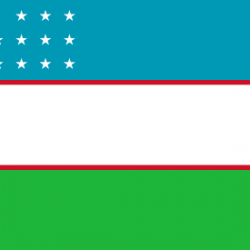
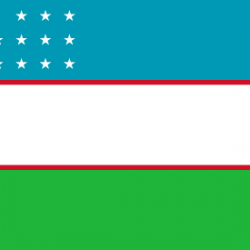
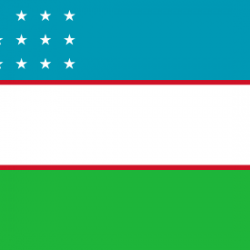
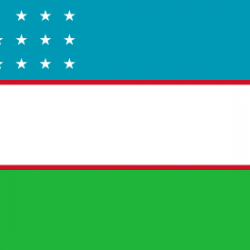
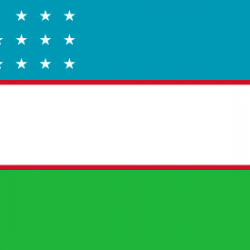
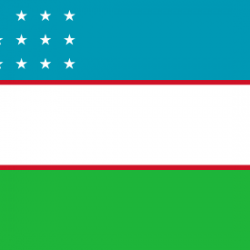
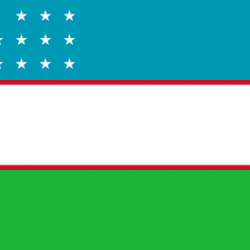
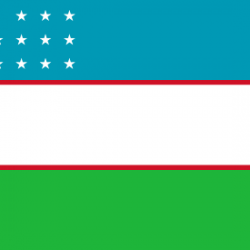
 We will not leak your personal information
We will not leak your personal information